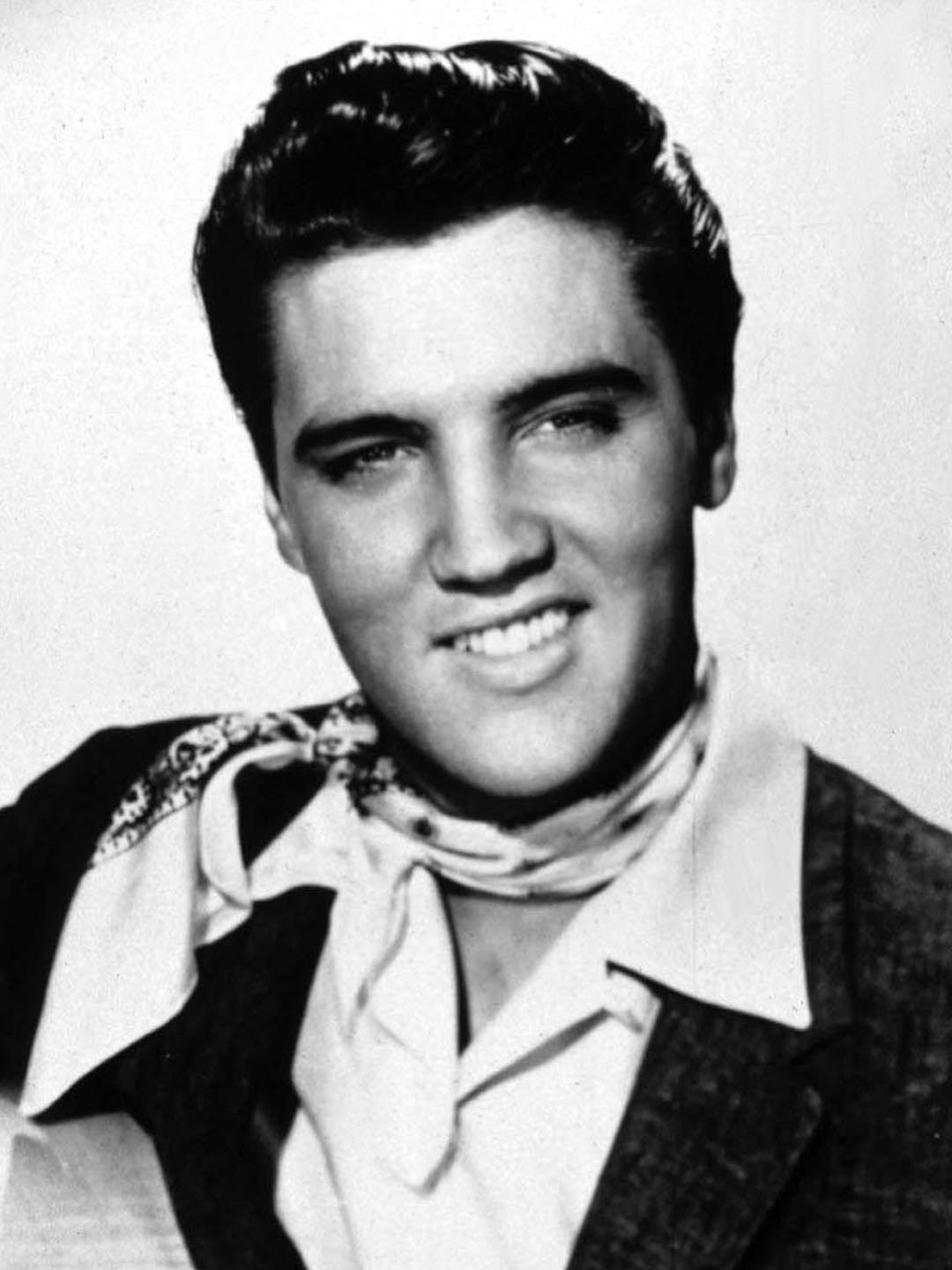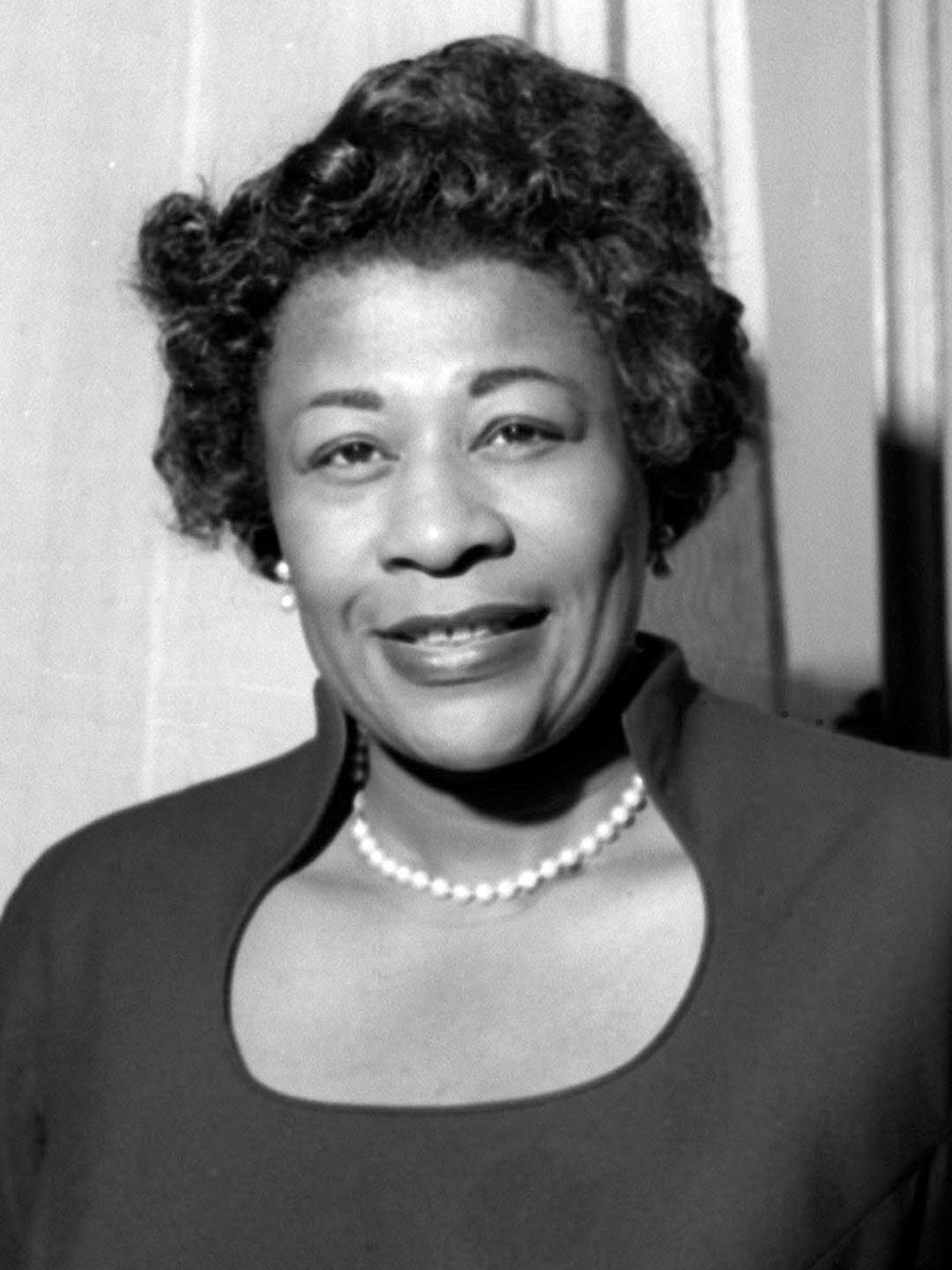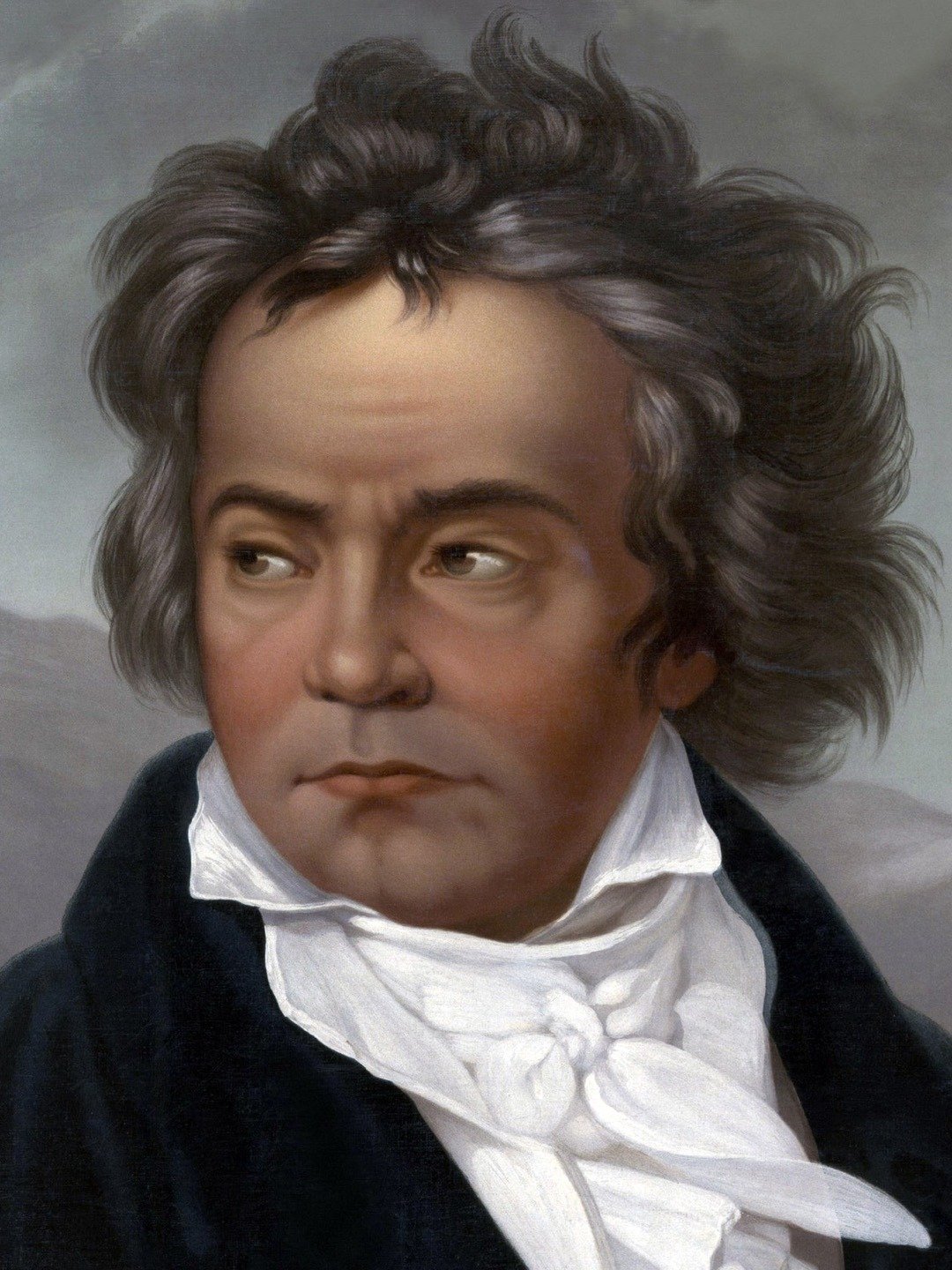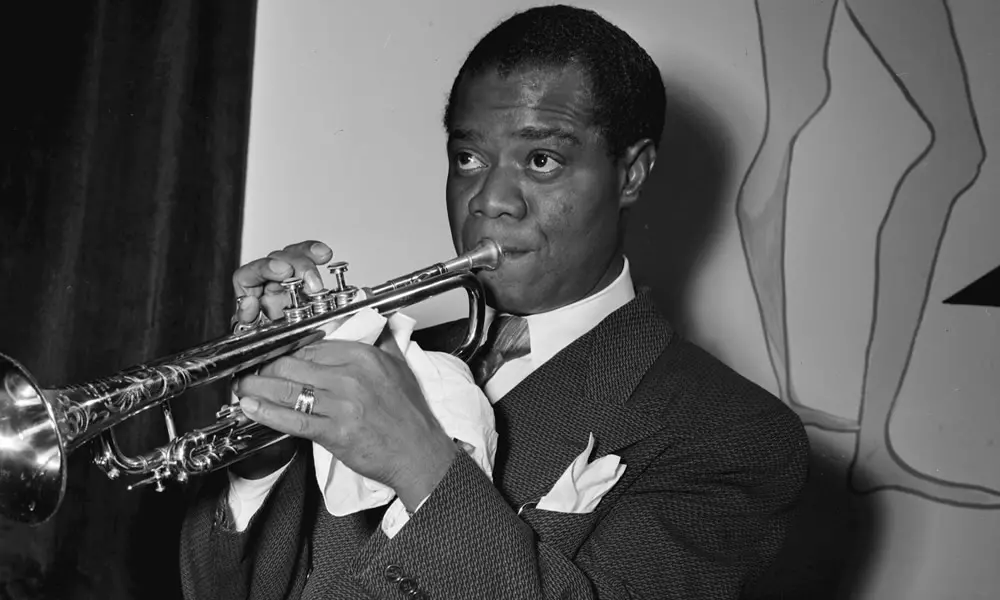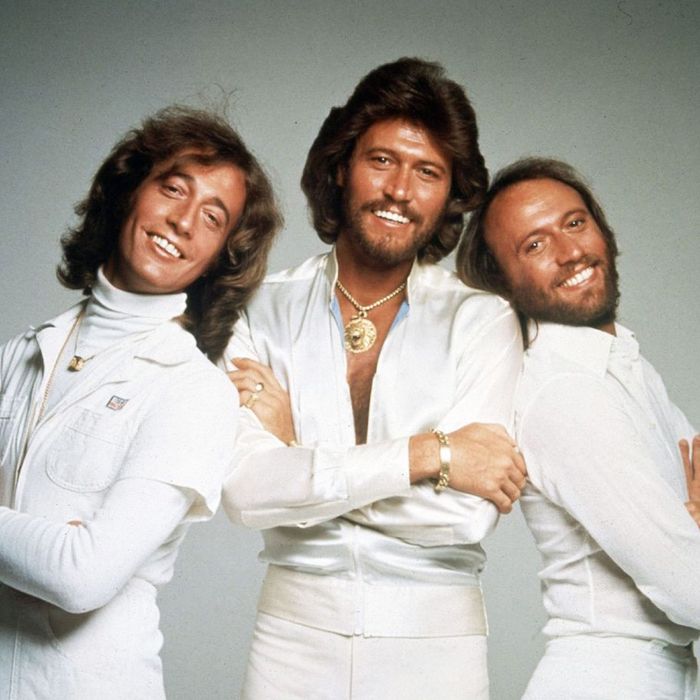
"We receive the message of the music, we recognize the intention of the composer. In effect, we listen perceptively-and that is the one sure road to the enjoyment of music."
- Machlis, Joseph. "Prelude: Listening to Music Today." The Enjoyment of Music, 8th ed., New York, W.W. Norton & Company, 1999, p. xxxiii.
````````````````````````````````````````````````````````````````````````````
"Music appreciation is teaching people what to listen for and how to understand what they are hearing in different types of music. Courses often focus on Western art music, commonly called "Classical music". Usually music appreciation classes involve some history lessons to explain why people of a certain era liked the music that they did.[1] "Appreciation," in this context, means the understanding of the value and merit of different styles of music. Music appreciation classes also typically include information about the composers, the instruments and ensembles, and the different styles of music from an era. Music appreciation courses are widely available in universities and colleges. Typically, these courses are designed for non-music majors. A significant part of music appreciation courses is listening to recordings of musical pieces or excerpts from pieces such as symphonies, opera arias and concertos. In some music appreciation classes, the class may go out to hear a live musical performance by an orchestra or chamber music group."
- Wikipedia contributors. "Music appreciation." Wikipedia, The Free Encyclopedia. Wikipedia, The Free Encyclopedia, 9 Feb. 2019. Web. 15 Apr. 2020.
Access to electronic resources is authenticated when on campus
Remote access requires use of your WVU Login which is your username and your password
If you have forgotten your WVU Login please click HERE.

